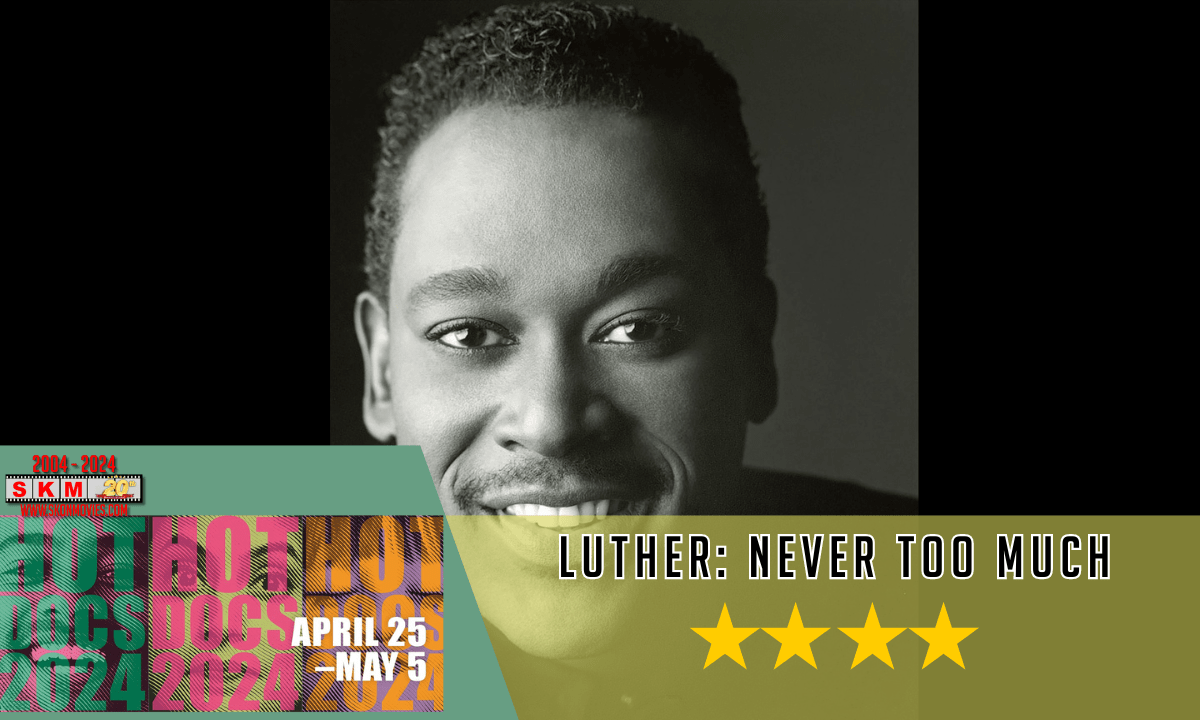The life and career of Luther Vandross are looked back upon in Luther: Never Too Much. Luther Vandross grew up in the Brox with a love of music and in …
David Bowie
Filmmaker Brett Morgen (Kurt Cobain: Montage of Heck) presents a kaleidoscopic retelling of the career of David Bowie with Moonage Daydream. With unfettered access to Bowie’s archives, Morgan uses rare …
The life and career of the electronic music pioneer are told in surrealist fashion in Moby Doc. Richard Melville Hall, better known by his stage name of Moby, was in …
Underrepresented female rock pioneers prepare to make a comeback in FANNY: The Right to Rock. FANNY is a band formed in the late-1960s by Filipino-American sisters Jene and June Millington, along …
With it being Pride Month in Canada, culminating with this weekend’s Toronto Pride Parade, I figured that an appropriate selection for this month’s Blindspot would be Jean-Marc Vallée’s 2005 breakthrough film …





